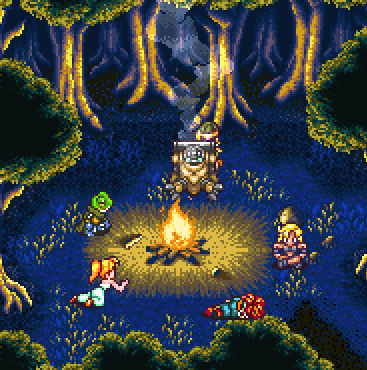Yesterday, the Counter-Strike Professional Players’ Association announced it would be included in some sort of fashion with the administration of MTG’s consolidated CS:GO tournament series, the ESL Pro Tour. In a joint press release, the CSPPA and MTG announced that the unofficial official CS:GO union will become partners with MTG’s DreamHack and ESL properties to “establish the participation framework for professional CS:GO players in the ESL Pro Tour.”1
The statement discloses few details, but outlines how the CSPPA will be wielding its influence as part of this new agreement. It suggests that the CSPPA will be negotiating revenue splits between MTG and players (outside of prize pools), as well as rights to players’ likenesses, and promotional expectations for players during competition. There’s a lot to be happy about if you’re a professional CS:GO player, in this agreement.
And normally, that would be it as far as analyzing news about changes to the CS:GO scene.
But this is no longer a normal situation.
Valve have seen fit to overhaul the qualification system for their semi-annual Major tournaments. Starting with this year’s as-of-yet unannounced Fall Major, teams will no longer qualify solely based on their previous Major results, and instead based on a points system from the Spring Major (organized by MTG) and two other unannounced tournaments.2
These two additional tournaments seem to will receive $250k USD in funding from Valve. The goal? Find the top sixteen teams and seed them into the Fall Major based on three tournament results.
On the face of it, Valve’s reasoning isn’t entirely wrong, here. Until these changes go into effect, the biggest challenge for top CS:GO teams in maintaining their position is not qualifying for the next Major, it has been keeping their five man rosters together in such a way that allows them to keep their Major invitations.
I’m bullish on this new system. It means team management will be more important than ever, and I hope that means that more teams will take more seriously the role of the sixth (or seventh) player for their squads. And I’m not talking about the coach. In my opinion, substitute players need to be given more priority and more consideration. Continuity of the squad and the flexibility of tuning your starting five to best compete with the opposing roster is a factor in competitive CS:GO—and esports at large, too—that isn’t nearly as exploited as it should be.
The biggest catch in this new system? The CSPPA is calling for a tournament break from 15 July to 15 August. I foresee many tweets of disappointment and frustration over the course of the weekend. If there’s one thing top-tier esports TOs have learned over the last year, it’s that it might be an unpopular decision to overlap your top-tier event with another.
In the context of yesterday’s MTG/CSPPA agreement, I believe it’s probably the move that sets MTG up for even greater success in 2020. With the players’ voice now at the table—something that doesn’t appear to be a reality when it comes to interfacing with Valve—MTG have gone from absolute mad lads to absolute mad lads with regards to the future of professional CS:GO. MTG have always shouldered the majority of the weight of carrying the professional CS:GO scene for years, and, for what it’s worth, I’m glad they’re taking this new endeavor seriously by including the CSPPA from the near-enough-as-makes-no-difference start.
Valve’s plans to shift its Major qualification system wasn’t announced publicly, however, so it’s important to understand that nothing’s been set in stone when it comes to the Fall Major. Even so, Valve’s public communication strategy doesn’t prioritize keeping the public in the loop until there’s something concrete to announce (something about a third piece of episodic content called, even though it’s current fucking year). I wouldn’t expect any official news until we’re a bit further along in the pitch process for these summer qualification tournaments.



